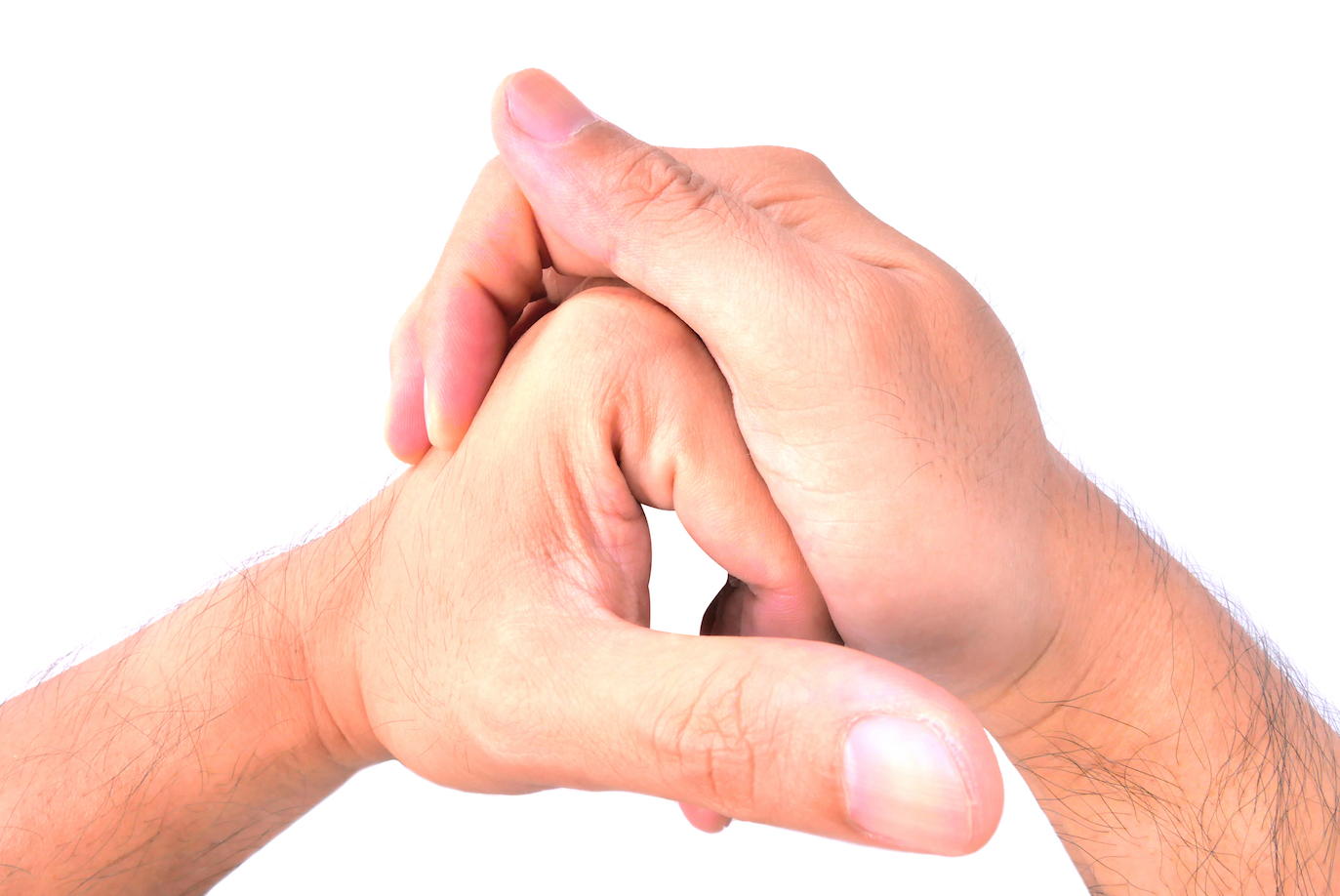
Why do knuckles make that sound you when you crack them?
The source of the sound that is created by knuckle cracking has been the subject of debate since the early 1900s. A team of experts may be close to settling this debate after developing a mathematical model to represent the origin of the sound.
Chemical engineering student Vineeth Chandran Suja, who is now a doctoral candidate at Stanford University, teamed up with Professor Abdul Barakat of the University of California, Davis to try and solve the mystery.
One of the many theories that has emerged over the years is that the knuckle cracking noise comes from the collapse or formation of bubbles as articular surfaces are separated in the synovial joint.
Researchers previously determined that the cracking sound is created as bubbles form inside of the joint, but Suja suspected that the noise is too intense to be produced by the formation of bubbles.
For the current study, the team developed a mathematical model to represent the activities leading up to the sound.
“We model the sounds accompanying knuckle cracking by resolving the acoustic signature of cavitation bubbles inside the joint during articular release,” wrote the study authors.
The researchers ultimately identified cavitation bubble collapse as the source of the cracking sound, and not the formation of the bubbles.
“When we crack our knuckles we’re actually pulling apart our joints. And when we do that the pressure goes down,” explained Suja. “Bubbles appear in the fluid, which is lubricating the joint – the synovial fluid.”
“During the process of knuckle cracking there are pressure variations in the joint which causes the size of the bubbles to fluctuate extremely fast, and this leads to sound, which we associate with knuckle cracking.”
The model also revealed that only a partial collapse of the bubble is needed to replicate the sound, which means that the bubbles may persist after the cracking noise is generated.
Suja said that improved models may be developed in the future based on this research that could identify the origin of the knuckle cracking sound beyond any doubt.
The study is published in the journal Scientific Reports.
—
By Chrissy Sexton, Earth.com Staff Writer













